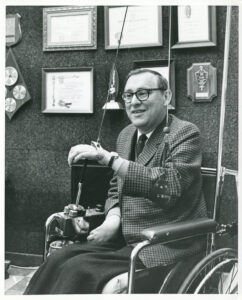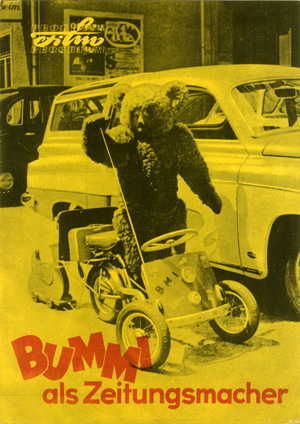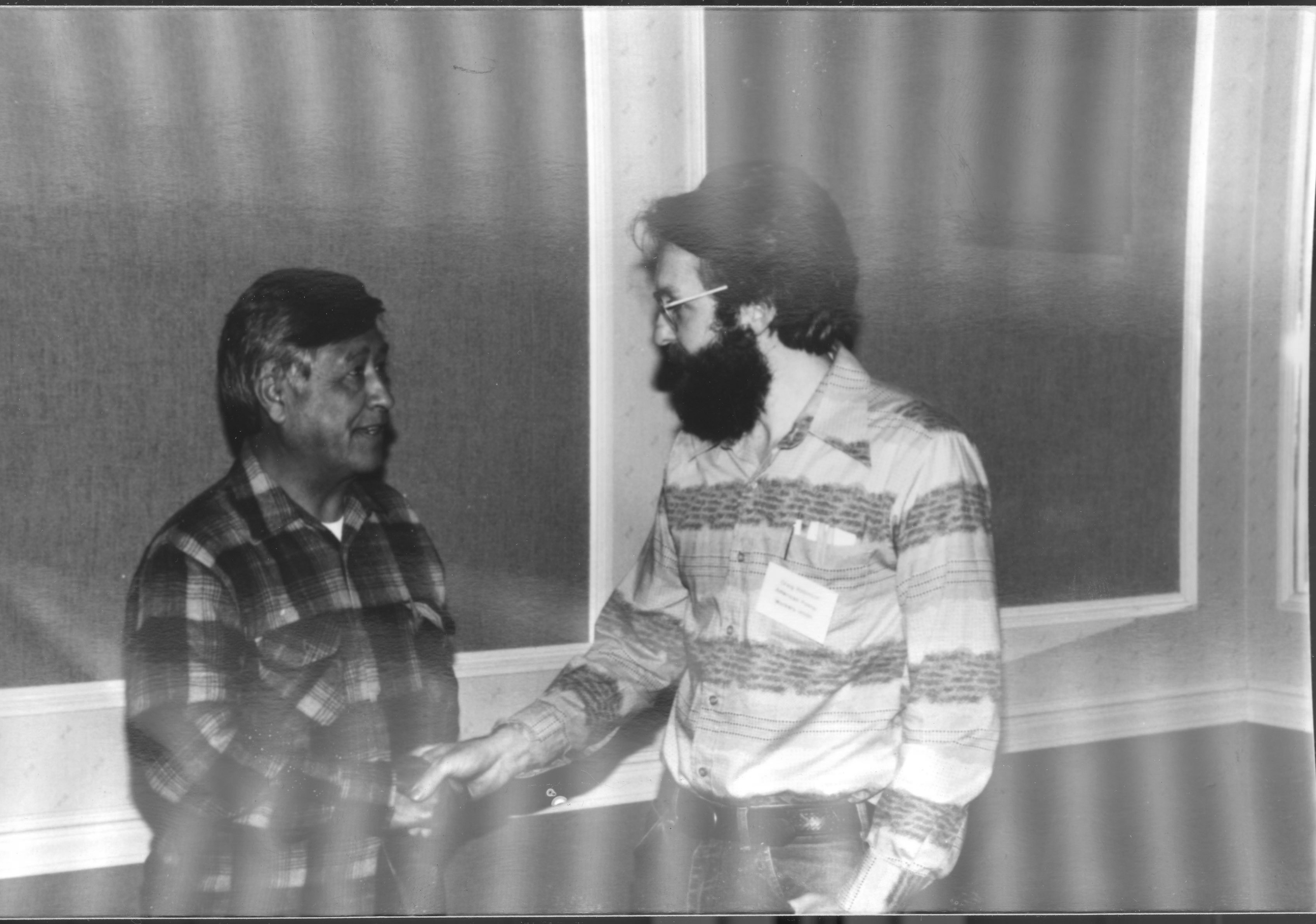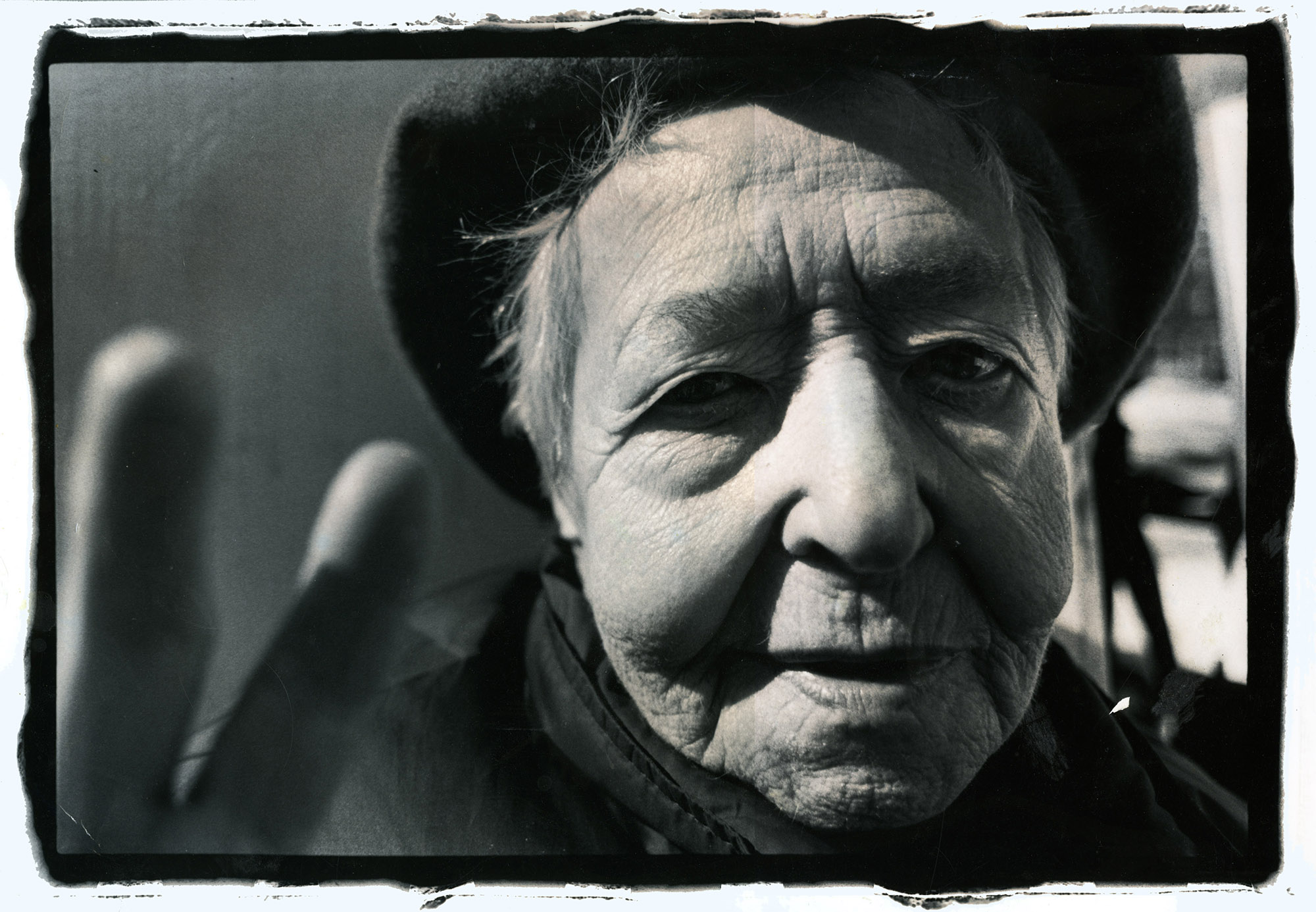Eileen McCarthy Rakouskas Collection
Eileen McCarthy Rakouskas is a personal historian and founder of Mosaic Memoirs, a service that assists people in recording, editing, and producing oral histories, memoirs, and other family stories. A graduate of Mount Holyoke College and Holyoke Community College, she has been particularly interested in recording “ordinary lives” and lives connected with social justice struggles.
On May 17, 2004, the Supreme Judicial Court ruled in Goodridge v. Department of Public Health that it was unconstitutional to prohibit same-sex marriage in Massachusetts. On the first day of legalized same-sex marriage, Rakouskas conducted interviews with couples waiting in line to apply for marriage licenses, city clerks, and others. Her collection also includes an assortment of other materials documenting the first day of full marriage equality.






